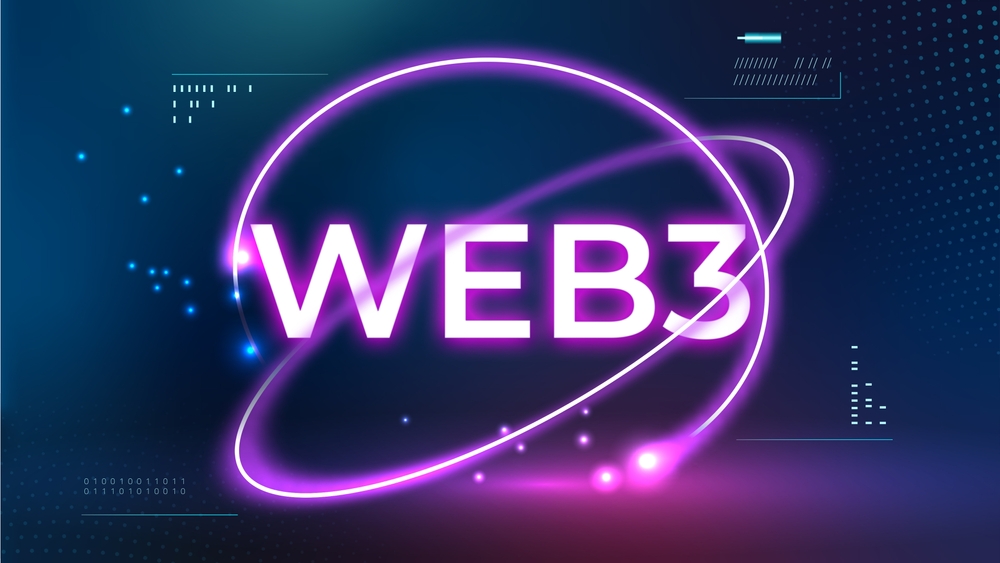Introduction
The arrival of the Internet has been a revolutionary technical development that has far-reaching consequences for society and culture throughout the globe. Those of us who were fortunate enough to be born in this period may reap the rewards of the Internet. We are living through several eras of the Internet right now.
Most of us are familiar with and appreciative of Web1, sometimes known as the Internet. The advent of social media and other forms of user-generated content usher in the next stage, known as Web2. Web3, often known as Web 3.0, is a topic of discussion today, especially in the blockchain industry.
Let’s go further into Web 2.0 and 3.0 to have a better grasp of the radical differences between these two iterations of the web.
What is Web2?
Web2, also known as Web 2.0 or the “Social Web,” is an evolution of the web from traditional, unchangeable sites to dynamic, user-friendly ones. Startups now have an easier time developing social networks and other interesting online platforms like Instagram and Facebook, all because of technological advancements like CSS3 and HTML5.
User-generated content has flourished thanks to Web 2.0, which has made it easier to acquire, distribute, and share data via the use of apps and platforms controlled by large organizations.
What is Web3?
The forthcoming version of the Internet, Web3, is designed to fix the issues that plagued Web2. Using distributed ledger technology (blockchain), virtual reality (VR), the Internet of Things (IoT), and free and open-source software, it seeks to weaken the influence of dominant Web2 firms.
The purpose of Web3 is decentralization and promotion of autonomy, which will provide consumers more say over their own information, data and communications.
Major Differences Between Web2 and Web3
Contrasting features of Web 2.0 and 3.0 are as follows:
Currency
Web3 employs encrypted digital currencies like Ethereum and Bitcoin for transactions rather than traditional fiat money.
Anonymity
Web 3.0 allows for simultaneous data flow across various places, addressing concerns about the anonymity and security of online data raised by Web 2.0’s assumption of control over information storage.
Transmission Rate
Since Web 2 searches for information stored on a single server using HTTP in distinct web addresses, it is often much quicker than Web 3 transfers. In contrast, Web3 distributes control to a large group of people.
What Advantages does Web3 Offer Over Web2?
Because consumers now own their data and may choose to make it public or private, Web3 gives users more freedom and reduces corporate spying. Smart contracts and NFTs might be used by artists with online portfolios to sell their work directly to buyers.
What Disadvantages does Web3 Offer Over Web2?
However, there are risks associated with web3’s decentralized nature. It gets increasingly difficult to filter dangerous material like cybercrime, hate speech, and disinformation, and it also becomes more difficult to regulate content housed in different countries.
Each transaction on web3 would have to go across the whole P2P network, which would take a lot of time and energy to complete. Also, it can need a lot of extra processing power to speed up integration with existing web browsers.
Conclusion
In conclusion, both Web 2.0 and Web 3.0 represent cutting-edge innovations that have significantly altered the character of the World Wide Web. Web 2.0 has prioritized the development of user-generated social networks, whereas Web 3.0 seeks to further decentralize the Internet via the use of blockchain and P2P technologies empowering people with more ownership over their data and the material they create.
Web 3.0 has the potential to improve privacy and security, but it also introduces new difficulties, including the need to block potentially hazardous information and slower transaction speeds. The future of Web 3.0 is uncertain because of these difficulties, but the potential advantages are high.
